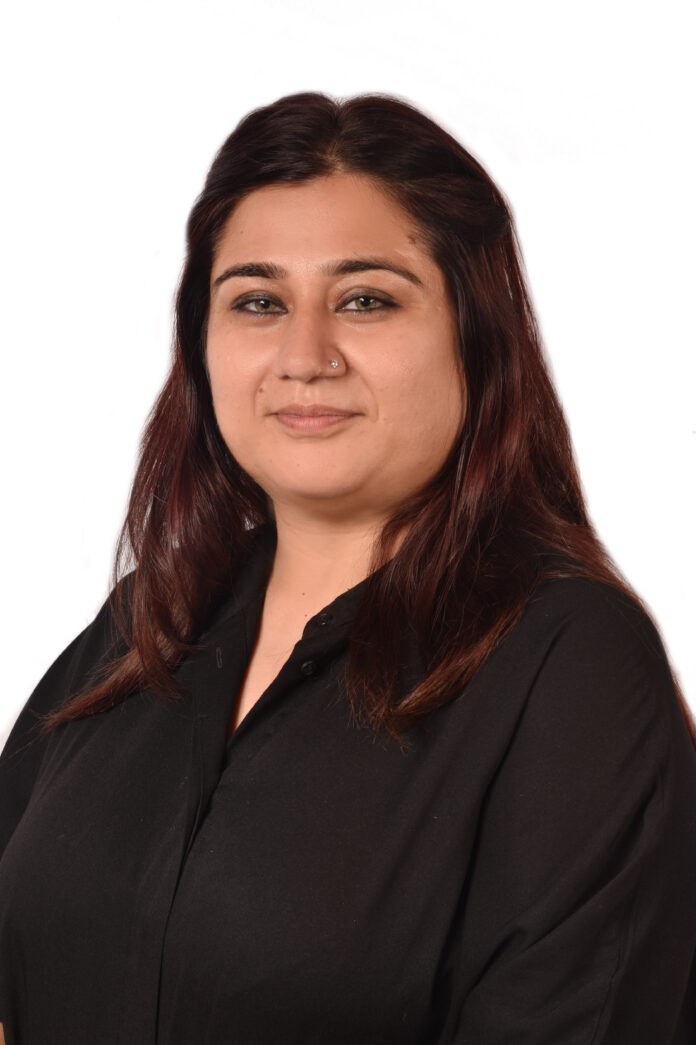In theory, practice is the same as theory, but not in practice.
Every concept taught in a classroom is equally relevant and important in its application. But unfortunately, the concepts taught in the classroom either seem very easy to comprehend or way too difficult to be practical.
Is real life as simple or complicated as it appears in the classroom? For instance, would one be able to swim unless one jumps into the water, no matter how much one has read up on swimming? Is any amount of reading or theoretical knowledge able to prepare you for the exact experience you will have once you enter the water currents while swimming or fishing?
Standing at the edge of the river with all the knowledge about swimming would not help one learn to swim. One will have to enter the water, get accustomed to the temperature and currents of the water, and apply the knowledge gained in a classroom to be able to swim successfully.
Experience is the truest teacher; teaching the art of how not what, is the foundation of creating a sustainable knowledge base. The experience of the apple falling from the tree on the ground led to the discovery of the laws of gravity. An action predicates each experience. One can have all the bookish knowledge and even be a search engine repository of information, but only experience leads one to gain wisdom over knowledge. The only way to transform knowledge into wisdom is by its action. More than ever, there will be an increased demand for problem solvers and thinkers. People who are well prepared to dive deep into the situations at hand and develop solutions to sustain life amidst the challenges faced by the 21 st century generations.
Sadly, all we do today is to educate a child in a way that the child absorbs all the world’s knowledge, infusing competitiveness at each level yet shunning the child’s true potential and capacity to think out of the box. From learning the alphabet in the early education years to appearing for the board exams, everything has been driven towards one goal – to be a top scorer. Rote learning and memorization have paralyzed creativity and rendered generations of children to be mere followers.
Even if we train a child to absorb all the possible knowledge in the field he wishes to excel in, would it be able to compete with the infiniteness of the information available on the internet source in the age of advanced information technology and artificial intelligence?
Also Read: FUN FAIR – Relive Your Childhood
What if we now redefine learning differently? What if we teach our children how to think? What if we let them explore inventive ways by giving their voices and ideas more value?
What if we treat them as individuals with independent points of view who can create new paths beyond our comprehension? What if we allow them now to follow their voices?
Let’s empower our children now with tools that develop their critical thinking and the skills to solve problems effectively and in creative, new ways. Let us ignite a revolution where each parent consciously leads their children away from rote learning and memorization towards learning to think out of the box, to create or innovate. Teaching children how to think is the most precious gift a parent or teacher can gift any child.
Driven by their passion for empowering children with 21st-century tools, Nrichminds.com aims to develop tools and solutions that advance a version of education that is practical in approach and targeted at developing children’s critical thinking and problem-solving skills. Vexors is a word-based puzzle which allows the child to deduce the solution at the child’s speed. It is one product structured to enable a child to play freely as he solves the Vexors. As he navigates the puzzle, the child is intensely focused while reasoning logically to get the solution in a fun way.
It is the collective responsibility of everyone associated with education to let the child be a free thinker, creator, and believer. And we can begin by simply teaching our children how to fish and stop teaching them what finishing is in every which way possible. Else, pun intended, our future is doomed – hook, line, and sinker!
– The author, Ms. Anuradha Uboweja, is the Country Head for Nrichminds.com
Visit EasyShiksha for skill development courses.

































































